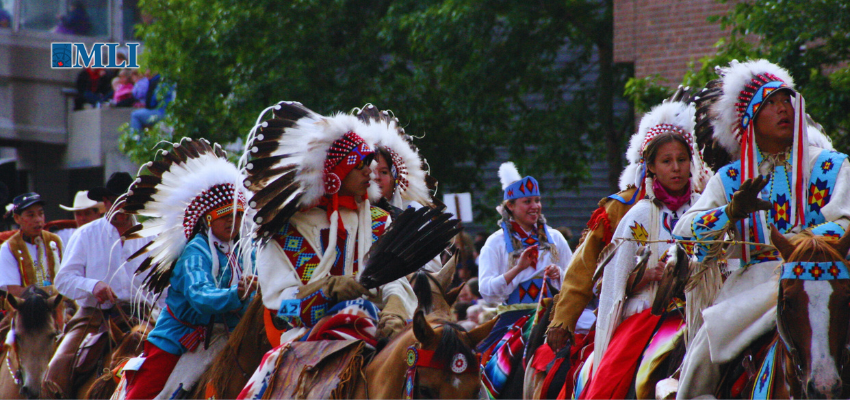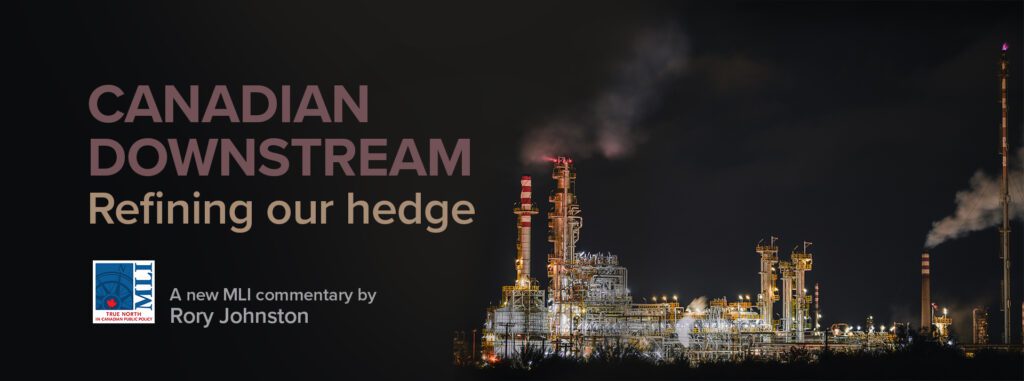This article originally appeared in National Newswatch.
By Ken Coates, October 17, 2024
On the East Coast, the provincial governments shunned the field for many years. British Columbia, to leap to the West Coast, deliberately rejected federal and Indigenous entreaties to get involved. Given that the government of Canada moved slowly on Indigenous files, provincial neglect attracted little political attention and had virtually no impact on regional politics.
The world has changed. Indigenous issues are now, finally and fortunately, commonplace. The federal government has, for constitutional reasons, preeminent responsibility for Indigenous affairs.
Municipal and local authorities are, likewise, increasingly active in the field, as shown by collaboration with massive housing developments in Vancouver and Victoria and the development of dozens of urban reserves in Saskatchewan. Provinces have finally entered the policy debate, with Indigenous affairs flowing over, unevenly, into provincial politics.
In British Columbia, the New Democratic Party has been the most dynamic and creative in the country. The province adopted the United Nations Declaration on the Rights of Indigenous Peoples as a formal commitment. It is, in this regard, perhaps the most advanced jurisdiction in the world, with a complex and expensive implementation plan and a whole of government commitment to building new relationships with First Nations.
The recent recognition of the underlying Indigenous title of the Haida to lands and water of Haida Gwaii is one of the most stunning and meaningful non-treaty and non-court ordered enhancement of Indigenous rights in the country.
The Conservative Party of British Columbia, led by former minister of Indigenous Affairs, John Rustad, has placed Indigenous matters firmly on the agenda for the Oct. 19 election. He has promised, if elected, to step back from UNDRIP, committing his party instead to a strong focus on Indigenous economic development and new forms of engagement.
There was a strong push back from First Nations leaders about the Conservative plans, but not a particularly negative response from the general provincial electorate, as yet.
The NDP and Premier David Eby, for their part, have moderated their engagement on the Indigenous file, signaling the reality that a magnanimous approach to Indigenous peoples is not a vote leader in B.C. The Conservatives see their stance, which is more a different approach than anti-Indigenous policy, as a vote-winner and the evidence to date suggests that they are right.
New Brunswick, under Premier Blaine Higgs, has taken a firm line on First Nations policy, particularly on the contentious issue of taxation.
Higgs and the Progressive Conservatives inherited a long-established commitment to return provincial sales tax revenue to the First Nations. Higgs resisted continuing the system, in large measure because the lion’s share of the funding went to a small number of communities.
New Brunswick is facing a potential province-redefining land claim challenge by the Wolastoqey Nation and the absence of nation-to-province negotiations is a severe irritant for First Nations.
The continuing fallout from the 1999 Marshall decision on Indigenous rights remains controversial and still substantially unresolved. Non-Indigenous interest in Indigenous affairs lags well behind Western Canada and is unlikely to be a defining point in the New Brunswick election of Oct. 21.
Saskatchewan, which also goes to the polls in October, presents a different scenario. The province’s First Nations and the Metis Nation of Saskatchewan are high profile, active and politically influential. But Indigenous affairs are far from high profile in provincial politics.
The Saskatchewan Party and Premier Scott Moe continue to pursue their long-standing policy of incorporating service to Indigenous peoples similar to that provided to the provincial population at large, in the form of roads, hospitals, education, and general economic development.
To date, the New Democratic Party and leader Carla Beck have followed a similar path, downplaying explicit commitments to Indigenous peoples in favour of more general social policy. In this regard, Beck and the NDP are reflecting the lessons learned from an earlier election, where a strong commitment to resource revenue sharing with Indigenous communities (a popular and quite common Canadian approach) contributed to their trashing at the voting booth.
In sharp contrast to New Brunswick, where Higgs’s position on Indigenous affairs is clearly and repeatedly shared with the province, the near invisibility of First Nations and Metis topics in the Saskatchewan election, Oct. 22-26 and Oct. 28, is a surprise and disappointment.
There are national lessons in the experiences in these three provinces. First, there’s sufficient comfort with Indigenous affairs for Canadian politicians to push back without fear of being immediately labelled a racist (although there are elements of this in B.C. and New Brunswick).
Second, the federal government’s preoccupation with UNDRIP and Indigenous legal and constitutional rights is not shared at the provincial level.
Finally, the priorities in all three provinces focus on two related themes: improving the economic well-being of Indigenous people and communities and addressing the underlying social issues that impede Indigenous prosperity.
Indigenous affairs have a clear place in provincial politics, even if Saskatchewan continues to downplay the field, a sign that First Nations, Metis and Inuit policy has finally secured a more permanent place in the country’s politics and public debates.
Ken Coates is a distinguished fellow and director of Indigenous affairs at the Macdonald-Laurier Institute.







